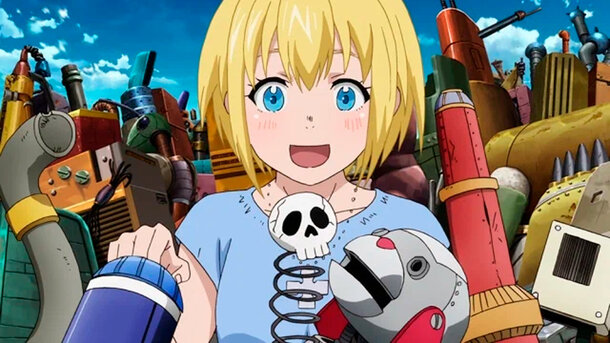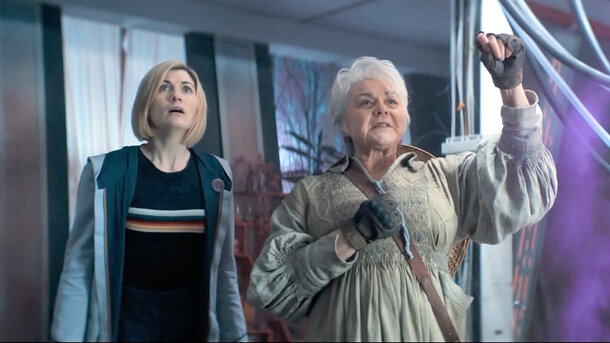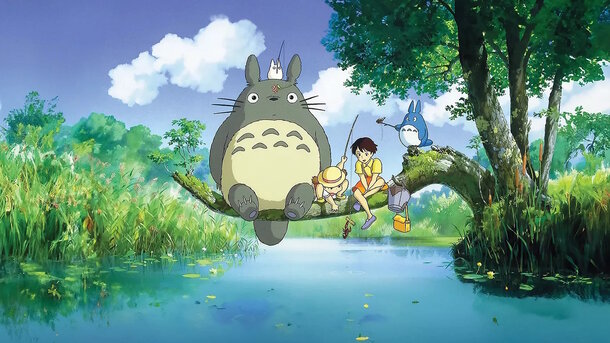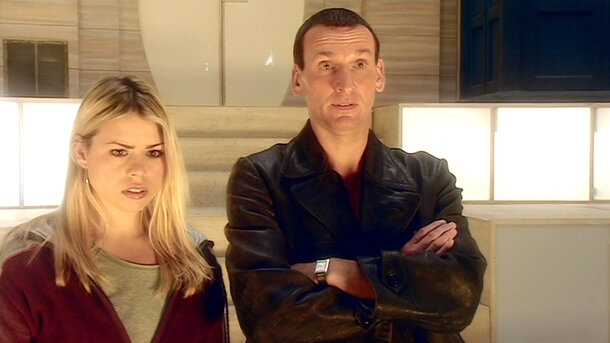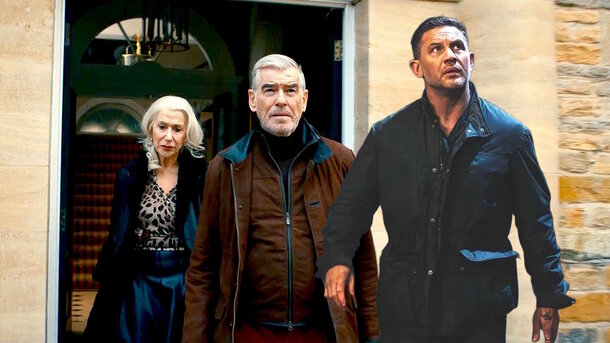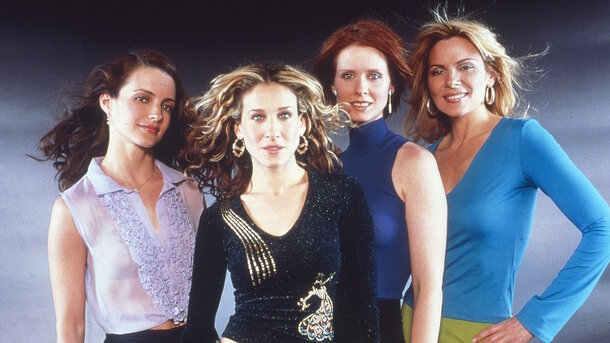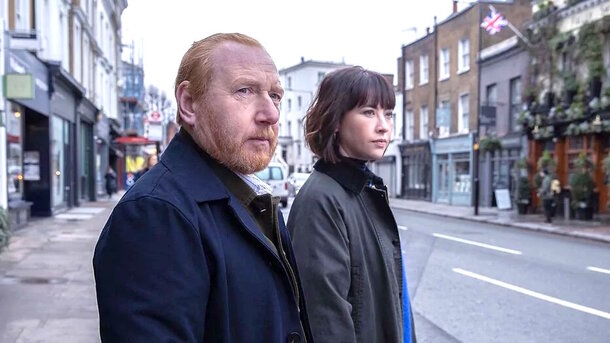When I first stumbled upon Wind Breaker, the latest anime sensation that aired from April to June 2024, I was immediately drawn into its raw portrayal of high school life, camaraderie, and the relentless pursuit of strength. Based on Satoru Nii's manga, this series offers a gripping narrative that resonates deeply with anyone who's ever felt the urge to stand up and fight for what they believe in.
Plot Overview
Wind Breaker centers around Haruka Sakura, a first-year student at the notorious Fūrin High School, infamous for its delinquent population. Haruka, distinguished by his heterochromatic eyes and hair, transfers to Fūrin with a singular goal: to become the strongest and protect those he holds dear. As he navigates the treacherous waters of high school hierarchy, Haruka forms bonds with fellow students, each with their own battles and aspirations, painting a vivid picture of loyalty, strength, and the complexities of youth.
Director's Vision
Under the direction of Toshifumi Akai, Wind Breaker masterfully balances intense action sequences with poignant character development. Akai's vision brings Fūrin High to life, capturing both its gritty exterior and the underlying sense of community among its students. The storytelling is both dynamic and heartfelt, ensuring that viewers are not only entertained but also deeply invested in the characters' journeys.
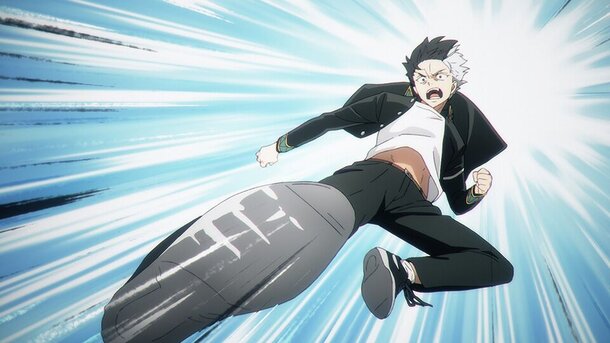
Performances
The voice cast delivers stellar performances that breathe life into the characters:
- Haruka Sakura: Voiced by Yuma Uchida in Japanese and Austin Tindle in English, Haruka's determination and vulnerability are portrayed with remarkable depth.
- Kyotaro Sugishita: Koki Uchiyama (Japanese) and Orion Pitts (English) capture Kyotaro's stoic demeanor and unwavering loyalty.
- Hayato Suo: Nobunaga Shimazaki (Japanese) and Dallas Reid (English) infuse Hayato with a calm yet formidable presence.
- Hajime Umemiya: Yuichi Nakamura (Japanese) and Aaron Campbell (English) bring a nuanced portrayal of the cheerful yet authoritative leader.
Each actor's commitment ensures that the characters resonate authentically with the audience.
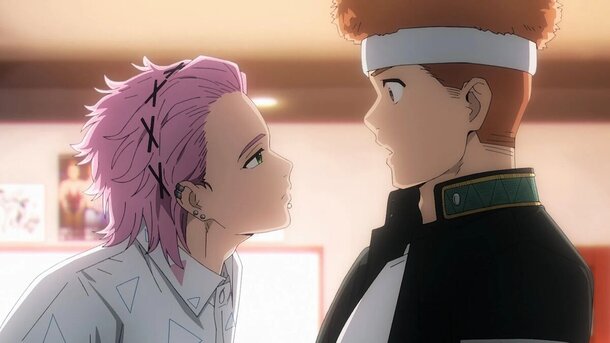
Cinematography and Sound
The animation, crafted by CloverWorks, is both fluid and vibrant, capturing the intensity of battles and the subtleties of everyday interactions. The fight scenes are choreographed with precision, immersing viewers in the raw energy of each confrontation. Complementing the visuals, Ryo Takahashi's musical score enhances the emotional depth of the series, while the opening theme "Absolute Zero" by Natori and the ending theme "Muteki" by Young Kee set the perfect tone for the narrative.
Themes and Symbolism
Beyond the surface of delinquency and brawls, Wind Breaker delves into themes of friendship, personal growth, and the quest for identity. It challenges preconceived notions about strength and honor, illustrating that true power often lies in protecting and uplifting others. The series also sheds light on the struggles of youth, the desire for acceptance, and the courage to forge one's own path.
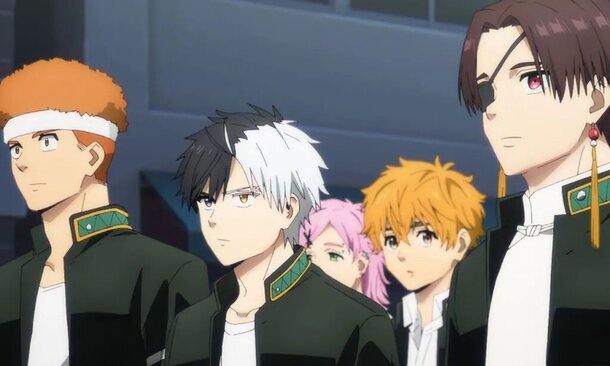
Audience Reception
Wind Breaker has garnered positive reactions from audiences worldwide. In the United States, viewers have praised its compelling storyline and character depth, leading to a growing fanbase eagerly awaiting the second season. Similarly, in the United Kingdom, the series has been lauded for its authentic portrayal of teenage struggles and the intricate dynamics of friendship and rivalry.
Final Verdict
Wind Breaker is a compelling addition to the anime landscape, offering a fresh perspective on the high school delinquent genre. With its engaging plot, well-developed characters, and top-notch production quality, it stands as a testament to the complexities of youth and the enduring spirit of camaraderie. Whether you're a seasoned anime enthusiast or a newcomer, this series is worth the watch. I highly recommend Wind Breaker and eagerly anticipate its second season, slated for release in April 2025.


